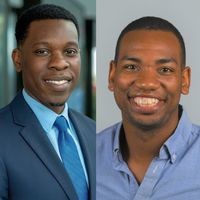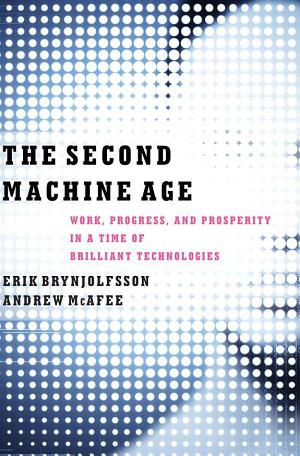The People vs. the IRS
Why dealing with the IRS is so difficult – and the woman charged with making it easier:
[Nina] Olson noted that the IRS relied on computers to audit all but the highest-income brackets. “We’re getting to a situation where the only people who will get face-to-face audits are the 1 Percent,” she said. “For the majority of taxpayers, the IRS has become faceless, nameless, with no accountability and no liability.”











 We reprinted this article on Longform to help raise money for the Matthew Power Literary Reporting Award, which in our friend Matt's memory will fund promising young writers to bring forward unreported stories of importance from overlooked corners of the world.
We reprinted this article on Longform to help raise money for the Matthew Power Literary Reporting Award, which in our friend Matt's memory will fund promising young writers to bring forward unreported stories of importance from overlooked corners of the world. 
